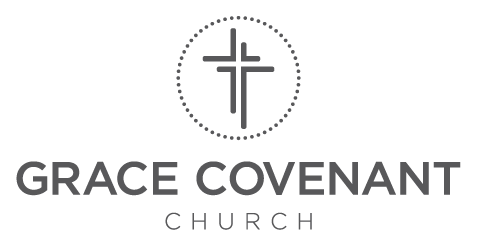Being an historic evangelical church, Grace Covenant Church adheres to the reformation tenant of Sola Scriptura. It is the Holy Scriptures alone that are the final authority and the only sufficient, certain, and infallible rule of all saving knowledge, faith, and obedience. Creeds, confessions, and catechisms are not scripture. That being said, they prove to be a powerful tool for spiritual guidance and growth.
Creeds, confessions, and catechisms are merely summarizations of those beliefs which are central to the Christian faith. And in a sense, a summarization of that pure “Spiritual Milk” from which you grow in your salvation (1 Peter 2:1-3).
The historic creeds were written at various times, in response to rising heretical beliefs, in an attempt to provide to the church safeguards to prevent straying from the sound and historical apostolic teachings found in the Holy Scriptures. The catechisms were written as an aid in teaching sound doctrinal truths that can be committed deep in our hearts.
Some of the creeds and confessions we look to are the Apostle’s Creed, the Nicene Creed, the Chalcedon Definition, and London Baptist Confession of Faith 1689. A modern catechism that has proven useful is the New City Catechism.
Apostle’s Creed
- Dating back to the fourth century, this creed highlights historicity of the gospel the trinitarian nature of the Godhead.
Nicene Creed
- From 325AD, this creed affirms the truth of the Scriptures, the full deity of Jesus Christ, being of one substance with the Father.
Chalcedon Definition
- From 451 AD, this creed affirms the duality and distinction of the divine and human natures of our Lord Jesus Christ.
LBCF of 1689
- Modeled after the Westminster Confession, the London Baptist Confession of Faith details the faith with baptist distinctiveness.
